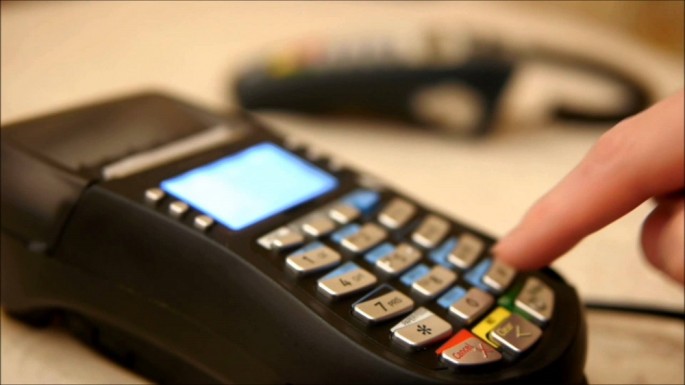Because of the prevalence of bank fraud, plus low interest rates, many people are now wary of depositing their savings in banks. The trust issues worsen when the deposit is stolen using technology and the bank refuses to take responsibility for the loss.
Such was the experience of Mao, a Chinese-American man whose deposit of $66,000 (430,000 yuan) in a Shanghai bank account, opened eight years ago, was stolen on two occasions. Mao went to the U.S. in November 2013 and returned to China in February 2014 to discover 428,000 yuan was transferred using a POS machine in Nanchang, Jiangxi Province on Dec. 1, 2013.
The remaining balance of 2,200 yuan was withdrawn from an ATM. Mao reported the two incidents to Shanghai and Jiangxi Police, however, the police investigation failed to verify the identity of the name of the POS terminal owner and the video of the ATM withdrawal was missing, Shanghai Daily reported.
Mao sued the bank and sought the return of his money, plus interest. But the bank accused the depositor of leaking his private information or allowing someone else to use his ATM which enabled the hacker to access the account and steal Mao’s money.
However, Mao told the Changning District People’s Court that the ATM card was with him all the time he was in the U.S. when the unauthorized movement of the money happened. The police backed Mao because authorities believed he was telling the truth about not sharing his password or lending the card.
The court ruled in favor of Mao and ordered the bank to pay him the whole amount, plus interest.
According to money experts, people like Mao could be victimized by scammers who use POS scanners. They just key in a price below $42.25 and hold the POS machine near a card inside a wallet in the back pocket, and cash is transferred to their account, reported BT.
The new ways of stealing money from people without even touching their wallets is made possible by gangs using the Near Field Communication function on their mobile phones or the POS machines.



























